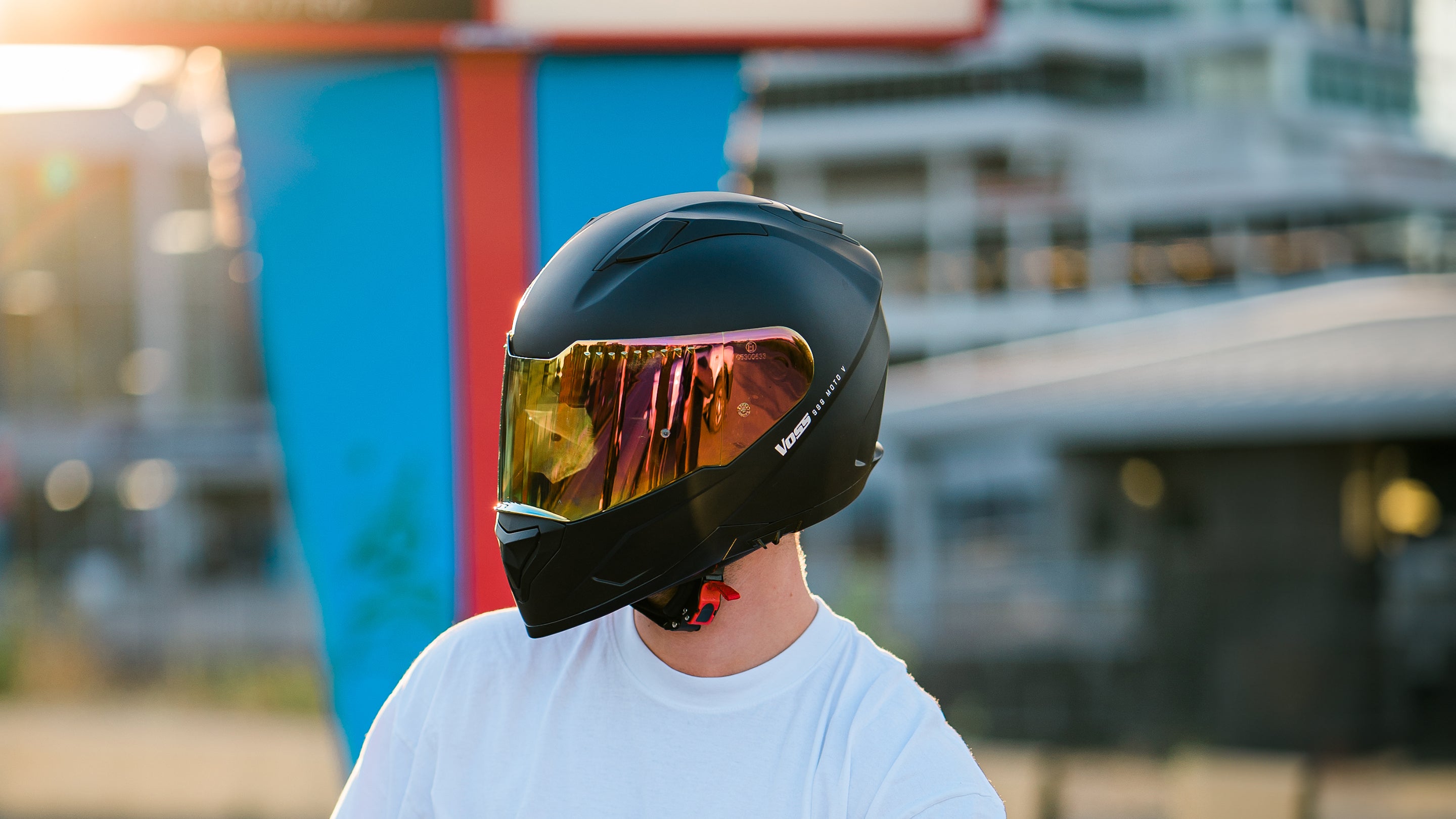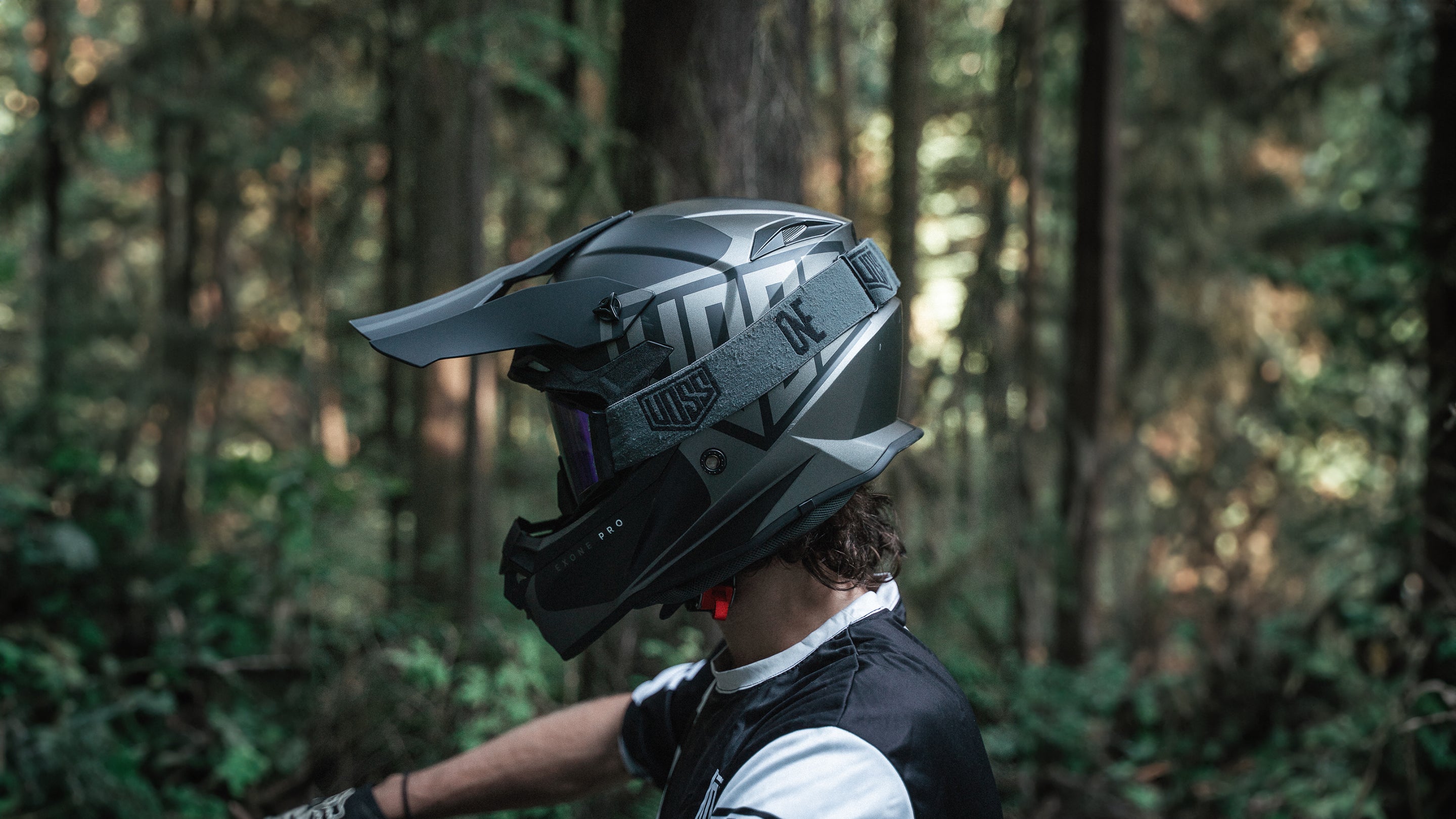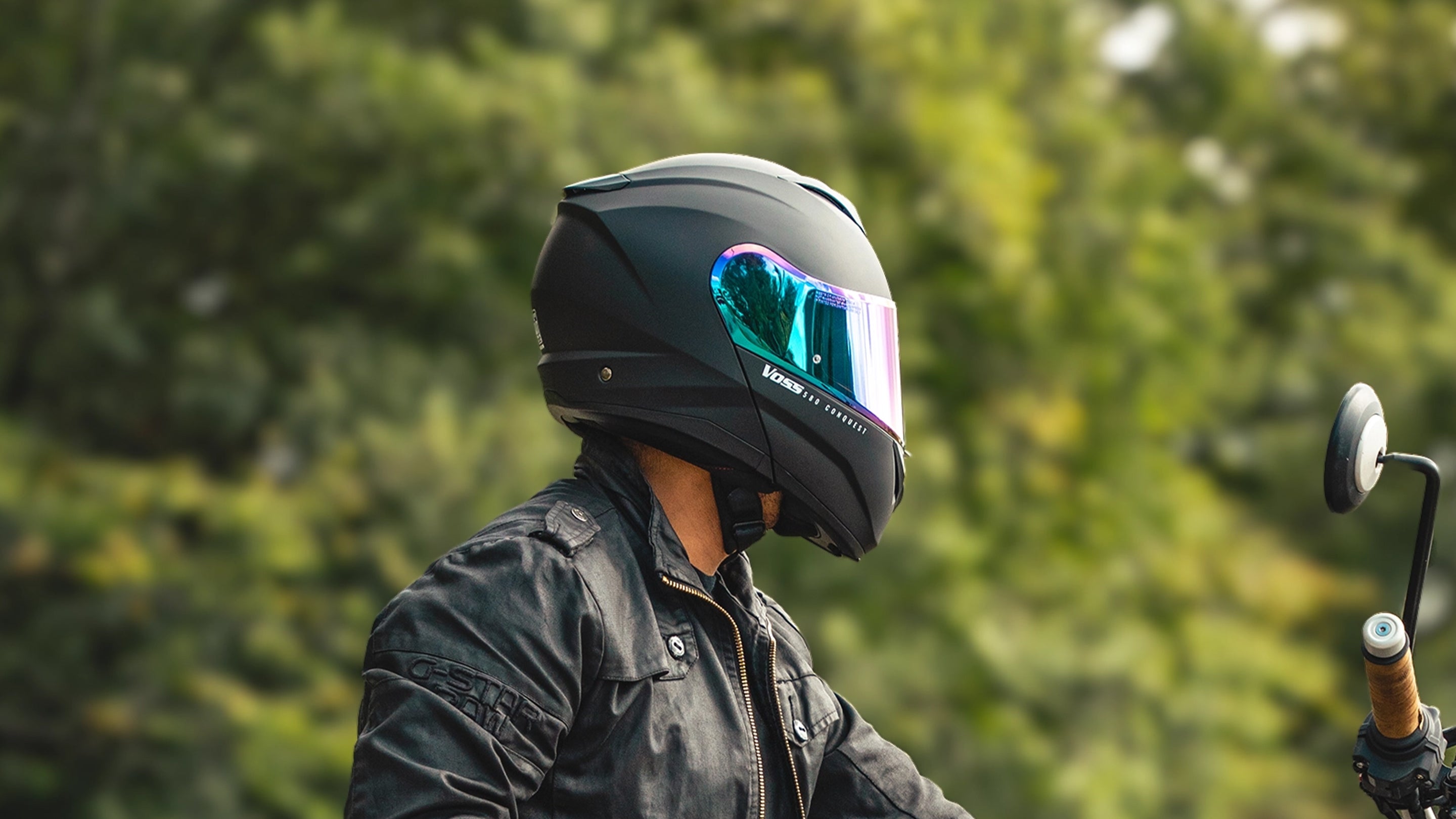The Ultimate Guide to Helmet Safety: Modular Helmets vs. Full Face
In the realm of motorcycle safety, the helmet stands as the paramount defender against the unpredictable elements of the road. It's not merely an accessory but a lifeline, a shield against potential harm, and a guardian of one's well-being. However, not all helmets are created equal. In this comprehensive guide, we delve into the pivotal debate between modular helmets and their traditional counterparts, unearthing the unparalleled safety features and advantages that set modular helmets apart.
Understanding the Basics
Full Face Helmets: A Time-Honored Classic
Traditional helmets, also known as full-face helmets, have long been the cornerstone of motorcycle safety gear. With their solid, one-piece construction, they provide a robust barrier against impact and abrasion. These helmets feature a fixed chin bar, offering maximum protection to the rider's face and skull in the event of a crash. While undeniably effective, traditional helmets come with limitations in terms of versatility and convenience.
Modular Helmets: A Modern Marvel
On the other hand, modular helmets represent a revolutionary leap forward in helmet design. Combining the full-face protection of traditional helmets with the added flexibility of a flip-up chin bar, modular helmets offer unparalleled versatility and convenience. Riders can easily transition between full-face and open-face configurations with the simple flip of a switch, allowing for enhanced comfort and adaptability on long rides. Despite their innovative design, some riders may question the safety of modular helmets compared to their traditional counterparts.
Debunking the Myths
Myth #1: Modular Helmets Sacrifice Safety for Convenience
One common misconception surrounding modular helmets is that their modular design compromises safety. Skeptics argue that the hinged mechanism used to facilitate the flip-up chin bar weakens the helmet's structural integrity, rendering it less effective in the event of a crash. However, this assumption fails to account for the rigorous testing and certification process that modular helmets undergo to meet stringent safety standards.
Myth #2: Traditional Helmets Offer Superior Protection
Another prevailing myth is that full face helmets inherently provide better protection than modular helmets. While it's true that traditional helmets offer a solid, one-piece construction, modular helmets are engineered with advanced materials and technology to deliver comparable levels of safety. In fact, many modular helmets boast features such as multi-layered impact liners, reinforced chin bars, and aerodynamic designs for optimal protection and performance.
Unveiling the Advantages
Advantage #1: Versatility on Demand
One of the standout advantages of modular helmets is their unmatched versatility. Whether cruising on the open road or navigating city streets, riders can customize their helmet configuration to suit their preferences and riding conditions. The ability to switch between full-face and open-face modes provides greater comfort and convenience, allowing riders to stay focused on the journey ahead without compromising safety.
Advantage #2: Enhanced Comfort and Convenience
Comfort plays a crucial role in rider safety and performance. Unlike full face helmets, which can feel restrictive over long periods of wear, modular helmets offer superior comfort thanks to their ergonomic design and adjustable features. Ventilation systems, moisture-wicking liners, and padded chin straps ensure a snug yet breathable fit, reducing fatigue and enhancing overall comfort on extended rides.
Advantage #3: Seamless Communication and Interaction
In an age where connectivity is key, modular helmets excel in facilitating seamless communication and interaction on the road. Many models can be equipped with integrated speaker systems, Bluetooth connectivity, and noise-canceling technology, allowing riders to stay connected to their devices and fellow riders without compromising safety. Whether making hands-free calls, listening to music, or receiving GPS directions, modular helmets enhance the riding experience without distraction.
Conclusion
In the ongoing debate between modular helmets and full face helmets, one thing is clear: modular helmets are not only a viable alternative but a superior choice for riders seeking the perfect balance of safety, comfort, and convenience. With their innovative design, advanced features, and uncompromising commitment to rider protection, modular helmets represent the pinnacle of helmet technology in the modern era.










